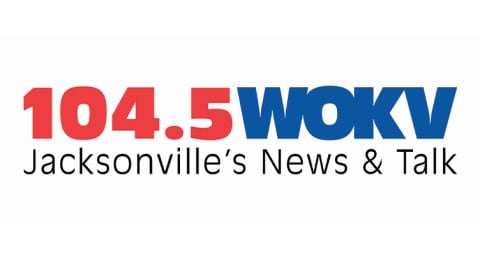NEW YORK — Once millions of Americans living in the Northern U.S. have had their fill of turkey, sides and pie, they could be treated with a dazzling event that could light up the night's sky.
A geomagnetic storm watch has been issued by the National Oceanic and Atmospheric Administration's Space Weather Prediction Center, meaning the northern lights -- or aurora borealis -- could be visible from parts of the U.S. over the Thanksgiving holiday weekend.
A G1, or minor, geomagnetic storm watch was issued for Thursday, while a G2, or moderate, geomagnetic storm watch was issued for Friday. NOAA's space weather predictors calculated the timing of a coronal mass ejection associated with a filament eruption that took place on Sunday. A five-level scale is used to measure geomagnetic storms.
A coronal mass ejection is a burst of plasma and magnetic field that erupts from the sun's corona -- essentially a huge cloud of charged particles ejected into space at high speeds.
This event could also be brighter because the geomagnetic activity has a Kp index of 5, according to NOAA.
The geomagnetic storm could also have minor impacts on radios, satellites, GPS and power grids, according to NOAA.
What are the northern lights
The term northern lights refers to the natural display of pink and green hues in the sky that occurs when charged particles from a coronal mass ejection interact with Earth's magnetic field -- resulting in a geometric storm.
The auroras are normally seen closer to the North Pole but can be seen closer to the equator depending on the strength of the geomagnetic storm. However, the farther south you go, the more red the lights will appear rather than the usual green curtains because the curvature of the Earth causes the particles to interact higher in the atmosphere, where oxygen is less plentiful, resulting in a more reddish hue, according to the National Park Service.
Where the northern lights could be visible
Northern and upper Midwest states from New York to Idaho could be treated to the northern lights, according to the Space Weather Prediction Center's experimental aurora view line, which predicts the intensity and location of the aurora borealis in North America.
States like Washington, Montana, the Dakotas, Minnesota, Wisconsin, Michigan and Maine could see potential auroras as well.
The geomagnetic storm could bring an encore display of the northern lights to New York City, where auroras were visible last month.
In some cities, the aurora may be visible low on the horizon, according to the Geophysical Institute at the University of Alaska at Fairbanks.
How to see the northern lights
The hours before and after midnight, when the night sky is the darkest, are the best time to see the auroras, according to NOAA.
Taking a picture with a smartphone camera may also reveal hints of the aurora that are not visible to the naked eye, Shawn Dahl, coordinator for NOAA's Space Weather Prediction Center, told ABC News last month.
Getting away from light pollution, and even the bright light of a full moon, will also enhance the viewing experience
Dahl also reminded star-gazers to keep their eyes dark-adapted and avoid constant interactions with the bright screens of their cell phones.
In addition, a citizen science platform called Aurorasaurus allows people to sign up for alerts that an aurora may be visible in their area
Why northern lights events will be more common over the next year
For the next year or more, the likelihood of seeing the northern lights, also known as the aurora borealis, will increase as Earth remains in the solar maximum of Solar Cycle 25.
The peak of the current solar cycle occurs one every 11 years, when more sunspots with the intense magnetic activity are expected, according to NOAA.
Copyright © 2024, ABC Audio. All rights reserved.






